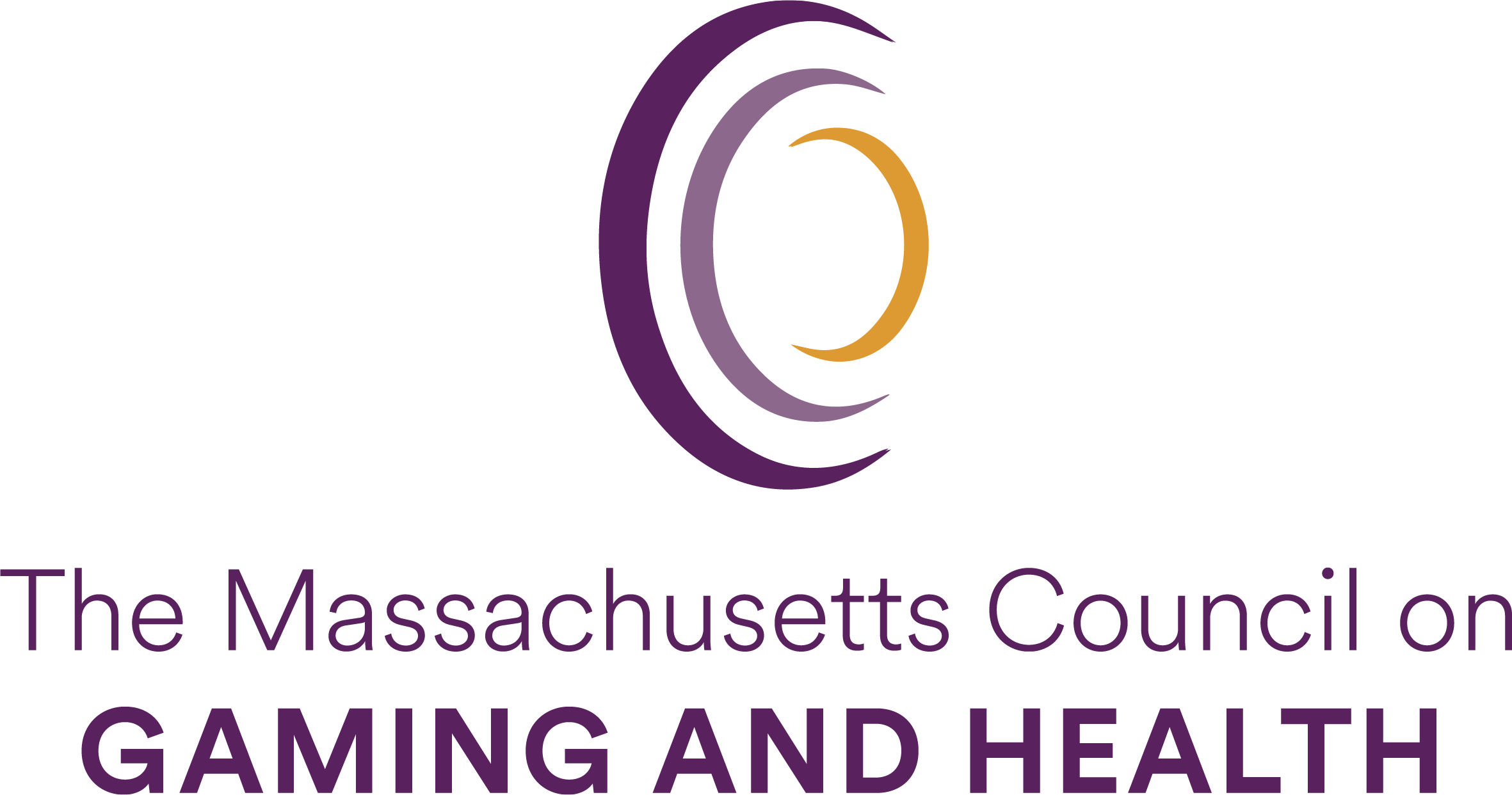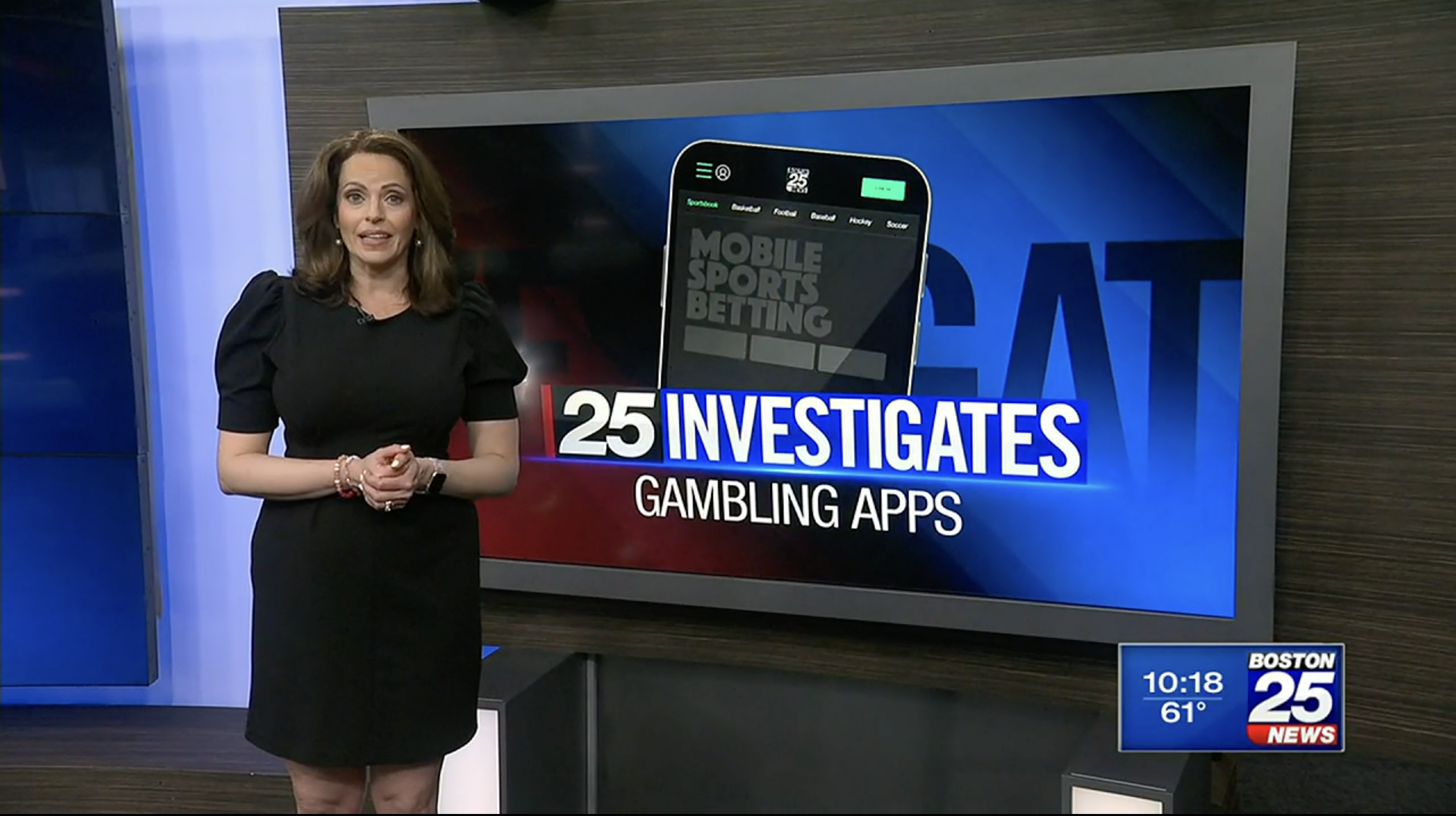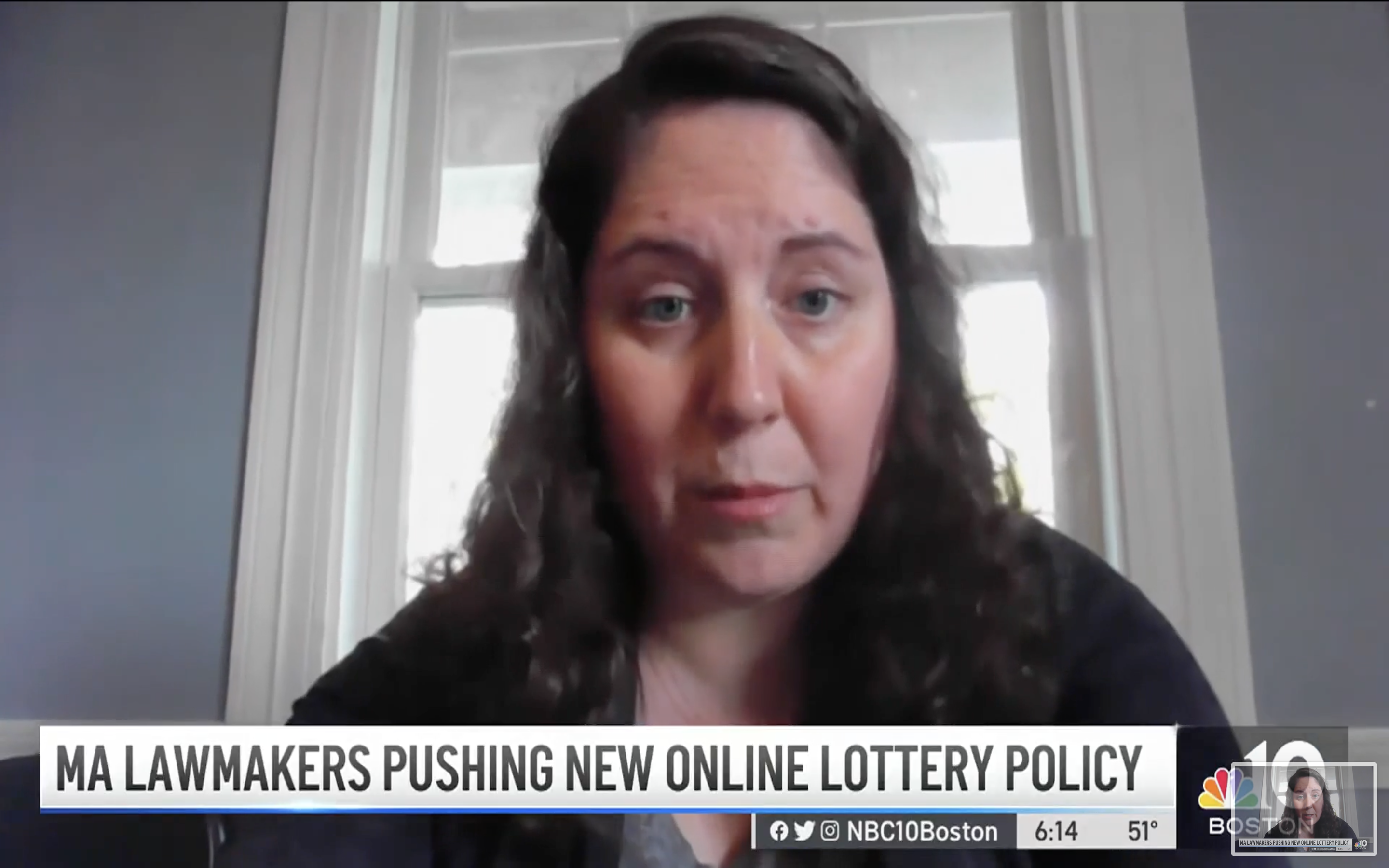For Immediate Release:
September 14, 2020
Media Contact:
Phil Sherwood
Director of Communications & Marketing
Cell: 857.246.9586
psherwood@maccg.org
PROBLEM AND RESPONSIBLE GAMBLING ORGANIZATION EXPANDS INTO VIDEO GAMING
Gaming Health Specialist Certificate Program Launched for Clinicians
Norwood, MA – After nearly 40 years, the Massachusetts Council on Compulsive Gambling (MCCG), has changed its name to the Massachusetts Council on Gaming and Health (MACGH) effective today, Monday, September 14.
The Mass. Council Board of Directors embarked in a year‐long rebranding process in consultation with clinicians, health experts, national leaders in gambling and gaming, and individuals in recovery, and subsequently voted to change the organization’s name to the Massachusetts Council on Gaming and Health. Additionally, the board voted to include video gaming in the organization’s mission.
MACGH’s Executive Director, Marlene Warner points to the intersection of video gaming and egaming with gambling products ‐ and gambling finding its way into video gaming and online products. “In order to best represent both, and to signify the health we hope people find within these blurred lines, we decided to use the overarching term that both fields use ‐ gaming.”
Recent studies suggest that several practices in video games, such as token wagering, real money gaming, and social casino spending, are significantly linked to problem gambling. Warner said these findings linking video games to problem gambling, and the realization that so few organizations currently address the issue of problem video gaming, and video game addiction, compelled them to include video gaming in their mission.
“Video gaming may be a relatively new issue for our organization, but it nonetheless feels like a natural fit,” Warner stated. “In the early 1980s, we were one of just a couple organizations in the world addressing gambling addiction as just that – an addiction – and now it’s widely accepted. We helped pioneer programs around problem and responsible gambling, and this step to include video gaming is consistent with our history of meeting current and future public health needs.”
National Council on Problem Gambling (NCPG) Executive Director, and national expert on gambling, Keith S. Whyte, applauded the move. “The Mass. Council has always led in the field of responsible and problem gambling. This change reflects a further step into the future as we know that people are now, more than ever, at risk for gambling‐related problems across a wide variety of gaming activities.”
Peg Malt and her partner, Leonard Lacey, are members of the Recovery Advisory Board and recognize the need for the Mass. Council to adapt. “When gambling caused havoc and heartache in our lives, the Council provided the information, acceptance and encouragement we needed to move forward,” said Malt. “With their name change, and updated mission, it’s clear they’re evolving and moving forward in a positive way that will allow them to even better serve and advocate for those that need help.”
As part of this change, MACGH is now launching a new “Gaming Health Specialist Certificate” program, as a result of ongoing efforts to help behavioral health clinicians understand and recognize the importance of screening, assessing, and treating gambling and Internet gaming disorders within their current clinical populations. This certificate provides the foundational knowledge needed to address problematic gambling and Internet gaming behaviors and meet the needs of a growing number of clients presenting with co‐morbid disorders.
MACGH currently runs GameSense, an internationally renowned responsible gaming program. GameSense is an innovative and comprehensive responsible gaming strategy adopted by the Massachusetts Gaming Commission to help keep gambling safe for players. The program uses interactive tools and exhibits meant to engage patrons at Massachusetts casinos through various digital platforms, face‐to‐face interactions, and community outreach.
“Massachusetts is a national leader in responsible and problem gambling programs and the Mass. Council has been front and center in these efforts,” said Massachusetts Gaming Commission Chair Cathy Judd‐Stein. “The need to promote safe levels of play and reduce the risk of gambling‐related harm is a vital public health issue, and we applaud the Council’s pioneering work in the field.”
###
The Massachusetts Council on Gaming and Health (MACGH) is a statewide non‐profit agency that promotes public health by mitigating the negative personal and community impacts of gambling and gaming. We accomplish our mission through training and education, federal and state advocacy, research and gaming play information, and prevention and recovery programs. We serve individuals who game and gamble, and their loved ones. Since its inception in 1983, the Mass. Council has taken a neutral stance on legal gambling and gaming and worked with key stakeholders such as gaming operators, vendors, and regulators, clinicians, people in recovery, and other community‐based agencies.




